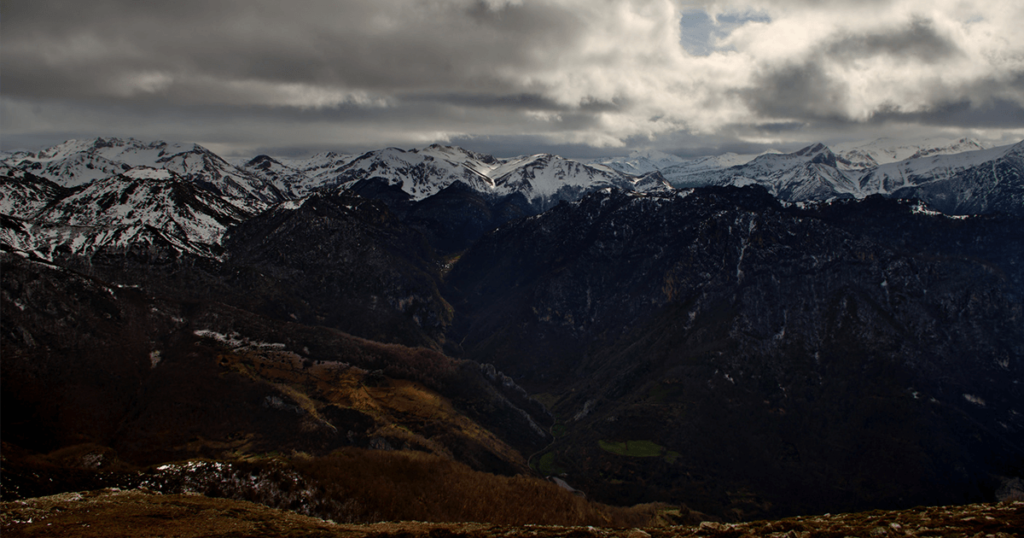
José Luis was a friend who ran a pharmaceutical plant in Lugo de Llanera, down the road from here. Once, years ago, he mentioned having yelled at the cleaning woman at the plant for not leaving a sign to warn of a wet floor after she’d mopped. José Luis slipped and fell. No wonder he yelled. The Spanish expression is echar una bronca, something like to chew someone out. Echar means throw, and the first image that comes to mind whenever I hear the expression is of someone cowering at a hurled wad of anger and blame and rude words.
The image is complicated, though, because echar is also used like toss, and in my imagination the strands of anger and the little balls of saliva popping out too are almost festive, turning a bronca into a noisy celebration of emotion. I had to check. “But yell, as in really yell?” I asked.
“Of course.”
“She forgot. It was a mistake.”
“One she won’t make again, after I finished with her,” he said.
I thought surely there must be some way the cleaning woman wasn’t responsible. It was a romantic notion that she should have a job rewarding enough to inspire her to care. You couldn’t blame her—it would be like blaming her for her bad luck.
But José Luis’s knee hurt from the fall, and she was the one who neglected to warn him with the sign. That was her job—to mop, and then to leave the sign. She was to blame. So she had to put up with the bronca. He believed our lives are a consequence of the choices we make. My view is different—our lives are a jumble of mishap and happenstance.
This winter José Luis had the bad luck to pass down a certain stretch of mountain highway on a certain day at a certain moment that coincided perfectly with the trajectory of a 50-pound rock set in motion by a cow on the steep slope above the road, so that the rock dropped at full speed onto the car, busting through the windshield to essentially hit him in the face, killing him instantly. His two passengers were not harmed at all.
It’s been four months. It’s been five. I miss him. His death left a hole in my life. I’m angry and sad, and though it seems unfair to blame him for his bad luck, I want to blame someone. Who better than he, the driver, who could have gone a mile an hour faster or slower on any of the multiple turns to easily miss the rock and, as it crashed onto the pavement just behind them or just in front, say, “That was close!” See, I want to say, see how it feels to get blamed for bad luck? I feel like shaking him. Anything to wake him from whatever repose he has found and bring him back.
José Luis was not sentimental. He might laugh at me and say he won’t be making that mistake again.

